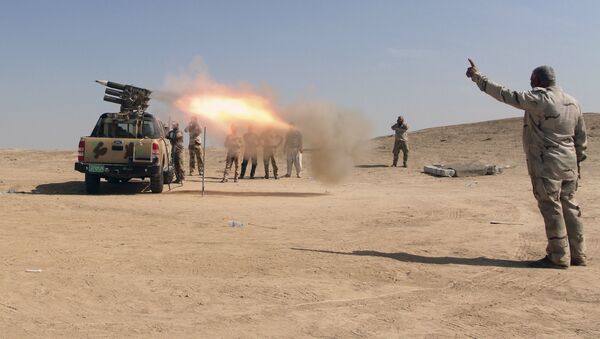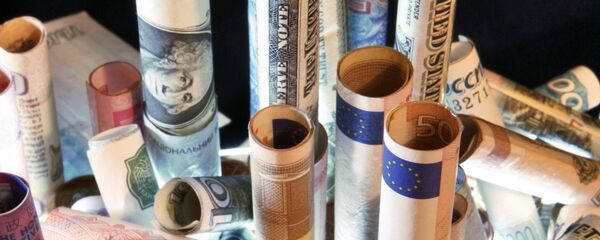Luay al-Khatteeb, from the Iraq Energy Institute, told a Commons foreign affairs select committee that Daesh maintains its operations with wealthy Gulf donors and profits from foreign exchange sales.
According to the UK government, Daesh profit from oil sales amounts to 40% of their total budget. Extortion and taxation provide another 40% and the other 20% comes from sales of antiquities and donations.
Daesh reportedly makes as much as $25 million a year from foreign exchange sales.
"Some might wonder to what extent Gulf Arab financing has continued to subsidise the caliphate," al-Khatteeb told the committee. "Certainly, IS was able to draw on some other sources of income between January 2015, when Raqqa's economy had reportedly collapsed, and mid-January 2016, when IS forces have been able to launch a major new Syrian offensive. The money is coming from somewhere."
David Butter from think tank Chatham House suggested to the committee that Daesh is taking advantage of exchange rate fluctuations and an informal network of brokers known as "hawala." Daesh reportedly transferred money between Iraqi and Jordanian banks to exploit currency market imbalances.
"So when the Iraqi government does its regular foreign currency auctions, Daesh money is inserted into that system and they can make a margin on the differences between the various exchange rates there and send it back into their areas through hawala operatives," Butter said.
The UK Foreign Office denied the credibility of these allegations.




